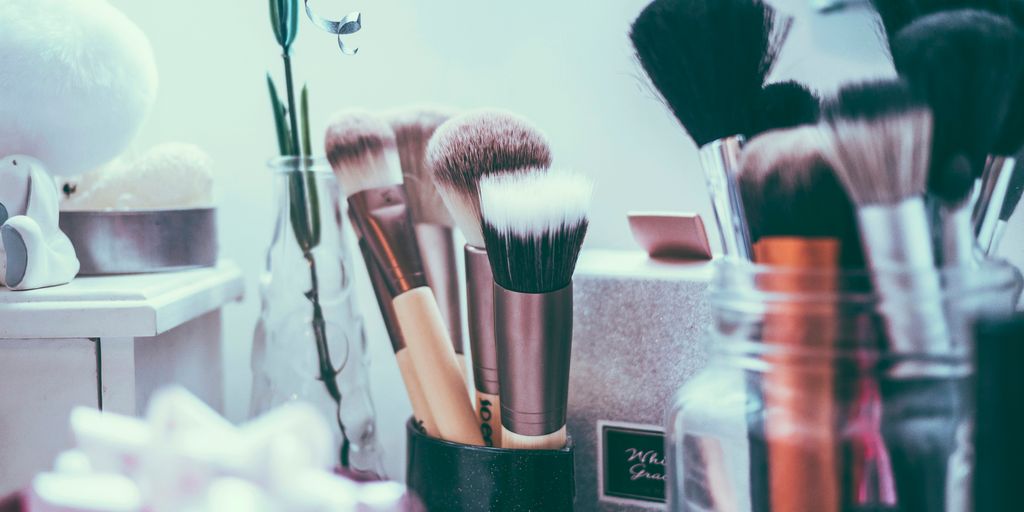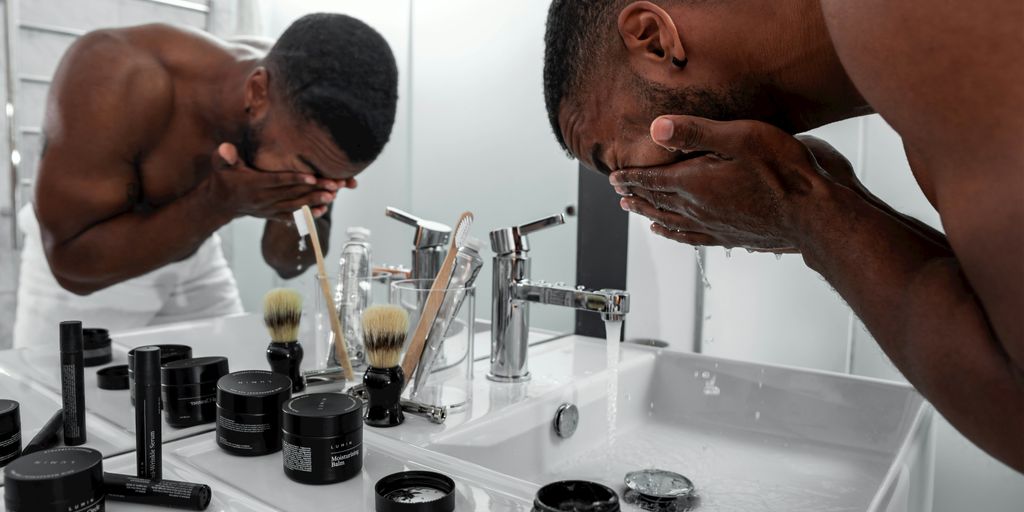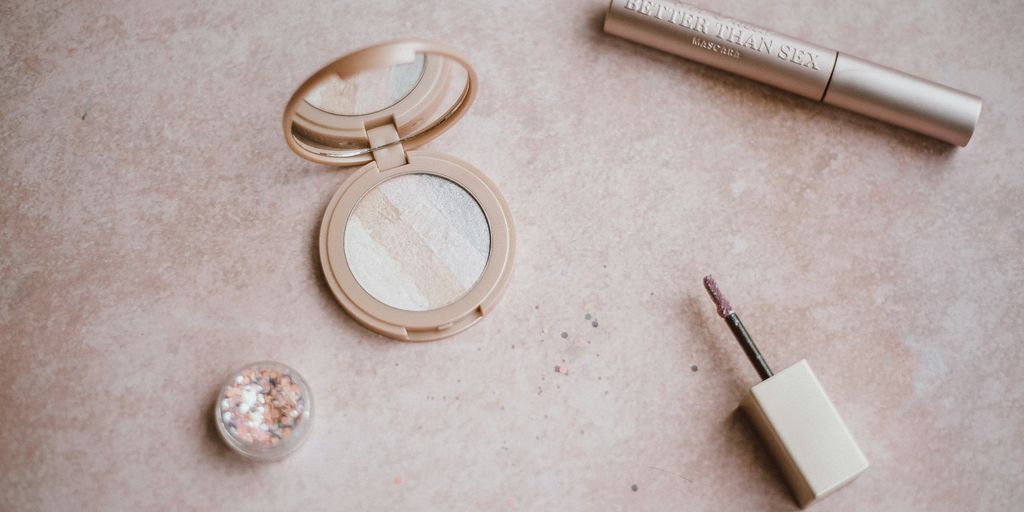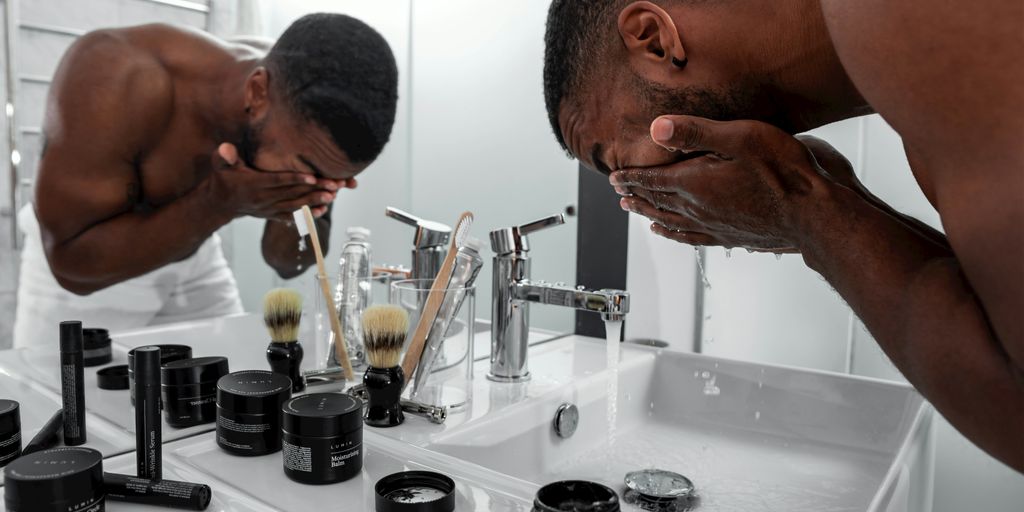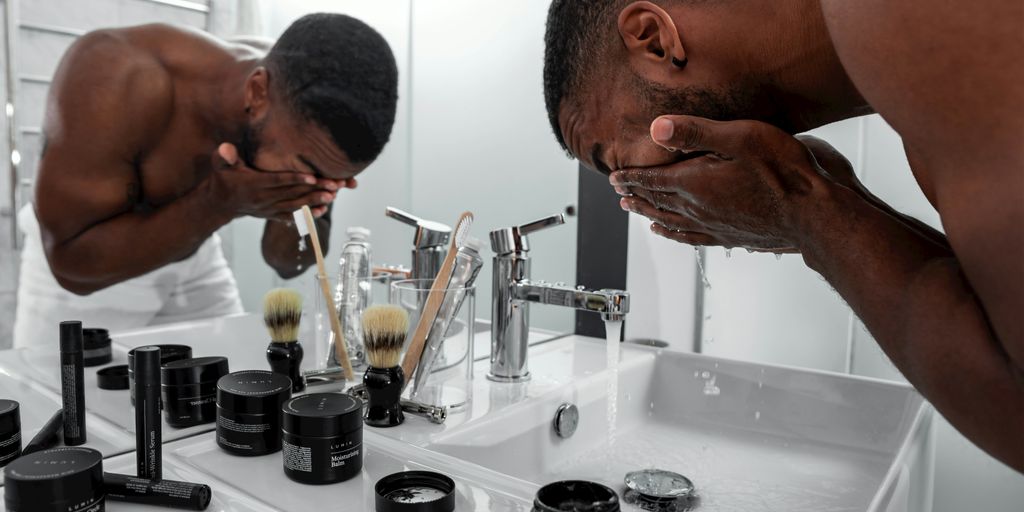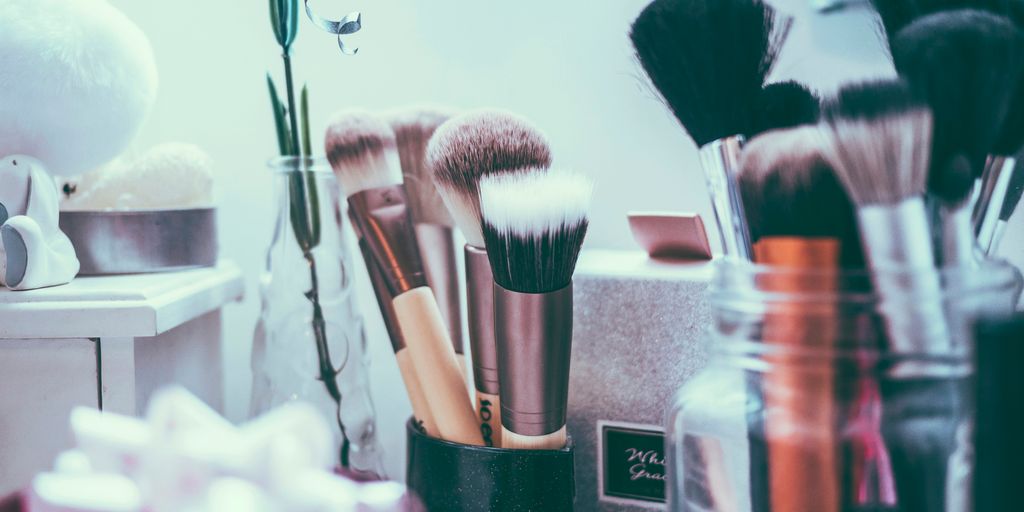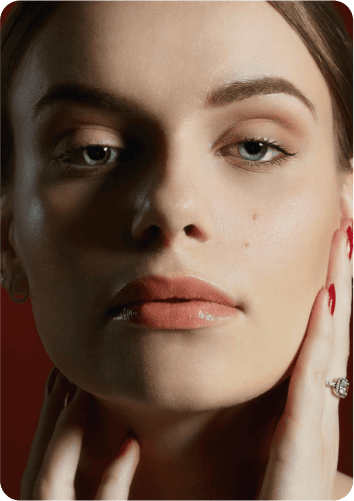In recent years, the beauty industry has seen a significant shift towards cruelty-free practices, with consumers becoming more aware of the ethical implications of their purchases. Beauty of Joseon, a popular Korean skincare brand, has caught the attention of many for its unique blend of traditional ingredients and modern formulations. But the question remains: is Beauty of Joseon cruelty free in 2025? In this article, we will explore the brand’s practices, its origins, and what it means to be cruelty-free in today’s beauty landscape.
Key Takeaways
- Beauty of Joseon draws inspiration from the Joseon Dynasty and traditional Korean medicine.
- The brand emphasizes ethical ingredient sourcing and manufacturing processes.
- Cruelty-free practices are increasingly important to consumers, influencing their purchasing decisions.
- Social media plays a key role in holding brands accountable for their cruelty-free claims.
- The future of beauty is leaning towards more sustainable and ethical practices, with innovation driving change.
Understanding Cruelty-Free Standards
What Does Cruelty-Free Mean?
Okay, so what does "cruelty-free" really mean? It’s a term we see thrown around a lot, but it’s important to understand what it signifies. Essentially, it means that a product and its ingredients haven’t been tested on animals at any stage of development or manufacturing. This includes the final product, individual ingredients, and formulations. However, it’s not always as straightforward as it seems. There can be loopholes and different interpretations of the term, which we’ll get into later.
The Importance of Cruelty-Free Practices
Why should we even care about cruelty-free practices? Well, for starters, animal testing can be pretty awful. Think about it: animals subjected to potentially harmful substances to see how they react. It’s not a pretty picture. Beyond the ethical considerations, there’s also the argument that animal testing isn’t always the most reliable way to determine product safety for humans. There are alternative testing methods available now, like in vitro testing and computer modeling, that can be more effective and humane. Plus, supporting cruelty-free brands sends a message that consumers value ethical practices, which can encourage more companies to adopt them.
How Brands Are Verified as Cruelty-Free
So, how do we know if a brand is actually cruelty-free? It’s a good question, and it’s not always easy to answer. There are a few different ways brands can be verified. Some companies get certified by third-party organizations like Leaping Bunny or PETA. These organizations have their own standards and audit processes to ensure that brands meet their criteria. However, not all cruelty-free brands are certified. Some smaller brands might not have the resources to go through the certification process, but they still adhere to cruelty-free practices. It’s always a good idea to do your research and check a brand’s website or contact them directly to inquire about their animal testing policies.
It’s important to remember that "cruelty-free" doesn’t always mean "vegan." A product can be cruelty-free but still contain animal-derived ingredients like beeswax or honey. If you’re looking for both cruelty-free and vegan products, be sure to check the ingredient list carefully.
The Origins of Beauty of Joseon
Historical Context of the Joseon Dynasty
Okay, so, Beauty of Joseon… where does that name even come from? Well, let’s rewind a bit. The Joseon Dynasty (1392-1910) was a pretty big deal in Korean history. It was a time of Confucianism, strong social structures, and a real emphasis on tradition. Life during the Joseon Dynasty had some pretty high standards, especially in the upper classes. But, it’s important to remember that not everyone benefited equally from the rules and expectations of the time. It was a complex society with its own set of challenges and inequalities.
Influence of Hanbang on Skincare
Now, here’s where it gets interesting. During the Joseon era, there was this growing interest in natural medicine and skincare. This is where Hanbang comes in. Hanbang is basically traditional Korean herbal medicine, and it played a huge role in how people approached beauty. They used ingredients like ginseng, rice water, and various herbal extracts to create skincare remedies. These weren’t just random concoctions; they were based on centuries of knowledge and experience. Hanbang emphasized balance and harmony, aiming to nourish the skin from the inside out.
The Legacy of Gyuhap Chongseo
So, fast forward to the early 1800s. A woman named Yi Bingheogak compiled all her knowledge into a book called Gyuhap Chongseo. This wasn’t just any book; it was like an encyclopedia of wisdom for women, covering everything from household management to, you guessed it, beauty secrets. It included recipes for skincare, makeup tips, and insights into Hanbang practices. The Gyuhap Chongseo became a major source of inspiration for women of the Joseon Dynasty, and its influence continues to this day. Beauty of Joseon actually draws a lot of its inspiration from this very book, especially when it comes to using traditional Hanbang ingredients.
The Gyuhap Chongseo wasn’t just a collection of recipes; it was a reflection of the values and priorities of women during the Joseon Dynasty. It showed that beauty wasn’t just about appearances; it was about self-care, knowledge, and tradition.
Current Practices of Beauty of Joseon
Ingredient Sourcing and Ethics
Beauty of Joseon draws inspiration from the Gyuhap Chongseo, an encyclopedia that compiles beauty secrets and traditional medicine. The brand utilizes Hanbang ingredients, which were historically used in Korean medicine and cuisine. These include things like ginseng, green tea, and rice. The brand emphasizes sourcing high-quality ingredients.
Manufacturing Processes
Beauty of Joseon says that its product formulation techniques are cruelty-free and minimalistic. I’ve read that they focus on effective formulations. I’m not sure if they have their own manufacturing facilities or if they outsource production to other companies.
Commitment to Animal Welfare
It’s important to look at a brand’s stance on animal testing. I’ve seen that Beauty of Joseon claims to be cruelty-free, but it’s important to check if they have certifications from organizations like PETA or the Leaping Bunny Program. These certifications would give consumers more confidence in their cruelty-free status.
It’s always a good idea to do your own research and contact the company directly if you have any questions or concerns about their practices. Transparency is key when it comes to ethical beauty brands.
Consumer Perspectives on Cruelty-Free Beauty
Why Consumers Care About Cruelty-Free
More and more people are thinking about what they buy. It’s not just about the price tag anymore. People want to know if their choices are hurting animals. Cruelty-free products are gaining popularity because consumers don’t want to support companies that test on animals. It’s a pretty simple idea: buy stuff that doesn’t cause harm. This shift is changing the beauty industry, pushing brands to be more ethical.
The Rise of Ethical Consumerism
Ethical consumerism is on the rise. People are voting with their wallets, choosing brands that align with their values. This includes things like fair trade, sustainability, and, of course, cruelty-free practices. It’s not just a trend; it’s a real change in how people think about shopping. Consumers are doing their homework, researching brands, and demanding transparency. They want to know where ingredients come from and how products are made. This demand is forcing companies to rethink their business models.
Impact of Social Media on Brand Transparency
Social media has completely changed the game. Now, consumers can easily share information and opinions about brands. If a company is caught doing something unethical, the news spreads fast. This puts a lot of pressure on brands to be transparent and honest about their practices. Social media also allows consumers to connect with brands directly, asking questions and demanding answers. It’s a powerful tool for holding companies accountable. Influencers and bloggers also play a big role, highlighting cruelty-free brands and educating their followers.
Social media is a double-edged sword for brands. While it offers a platform to connect with consumers, it also amplifies criticism and demands for transparency. Brands that fail to meet ethical standards risk facing public backlash and damage to their reputation.
Here are some ways social media impacts brand transparency:
- Increased awareness of animal testing issues.
- Faster dissemination of information about unethical practices.
- Direct communication between consumers and brands.
- Influencer marketing promoting cruelty-free alternatives.
Comparing Beauty of Joseon with Other Brands
Cruelty-Free Competitors
When you’re trying to find skincare that aligns with your values, it’s good to know what else is out there. Several brands have made cruelty-free practices a core part of their identity. Some popular examples include brands like Paula’s Choice, The Ordinary, and Youth To The People. These brands often have certifications from organizations like Leaping Bunny or PETA, which can give consumers extra confidence.
Unique Selling Points of Beauty of Joseon
Beauty of Joseon stands out because of its focus on traditional Korean ingredients, drawing inspiration from the Joseon dynasty. This historical influence, combined with modern skincare technology, gives them a unique appeal. While other brands might focus on specific active ingredients or skin concerns, Beauty of Joseon offers a blend of cultural heritage and effective formulations. They use ingredients like ginseng and rice extract, which have been used in Korean skincare for centuries. It’s a different approach compared to brands that are purely science-based.
Consumer Reviews and Feedback
What people actually think about a product matters a lot, right? Beauty of Joseon generally gets good reviews, with many people praising their lightweight textures and effective formulas. However, like any brand, some products work better for some people than others. Here’s a quick look at what people are saying:
- Many appreciate the affordability of Beauty of Joseon products.
- Some find the reliance on traditional ingredients a refreshing change.
- Others note that while the products are gentle, they might not be strong enough for serious skin concerns.
It’s always a good idea to read a variety of reviews before making a purchase. What works for one person might not work for another, so it’s important to consider your own skin type and concerns.
Future of Cruelty-Free Beauty
Trends in the Beauty Industry
The beauty industry is always changing, and cruelty-free is becoming more important. Consumers want products that are good and ethically made. We’re seeing more brands focus on sustainability and transparency. This includes not testing on animals and using ingredients that are sourced responsibly. It’s not just a trend; it’s becoming the standard.
Potential Changes in Regulations
Regulations around animal testing are different around the world. Some countries have banned it, but others still require it for certain products. There’s a push for more global harmonization to end animal testing everywhere. This could mean big changes for brands that sell internationally. More governments might start requiring cruelty-free certification, which would make it easier for consumers to trust the products they buy.
The Role of Innovation in Cruelty-Free Products
Innovation is key to the future of cruelty-free beauty. Here are some areas where we’re seeing progress:
- Alternative Testing Methods: Scientists are developing new ways to test products that don’t involve animals, like using human cell cultures and computer models.
- Sustainable Ingredients: Brands are looking for ingredients that are not only cruelty-free but also environmentally friendly.
- Transparency: Consumers want to know where ingredients come from and how products are made. Brands are using technology to provide more information.
The future of cruelty-free beauty isn’t just about avoiding harm to animals; it’s about creating a more ethical and sustainable industry overall. It’s about making choices that benefit both people and the planet.
How to Support Cruelty-Free Brands
Making Informed Choices
It’s not always easy to know which brands are truly cruelty-free. Companies can be sneaky with their marketing, and sometimes it’s hard to tell what’s really going on behind the scenes. The best thing you can do is research before you buy. Look for certifications from organizations like Leaping Bunny or PETA. These groups have standards that brands must meet to get certified, and they do regular audits to make sure those standards are being followed. Don’t just take a brand’s word for it; do your homework.
Resources for Cruelty-Free Shopping
There are some great resources out there to help you make better choices. Websites and apps like Cruelty-Free Kitty and Ethical Elephant keep updated lists of brands that don’t test on animals. These resources often break down which brands are truly cruelty-free, which are vegan, and which have parent companies that still test on animals. It’s also worth checking out blogs and social media accounts dedicated to ethical beauty. They often share product reviews and tips for finding cruelty-free alternatives to your favorite products.
Here are some resources to check out:
- Leaping Bunny Program
- PETA’s Cruelty-Free List
- Cruelty-Free Kitty Blog
Advocacy for Animal Rights in Beauty
Beyond just buying cruelty-free products, you can also advocate for animal rights in the beauty industry. Contact brands directly and let them know that cruelty-free practices are important to you. Support legislation that bans animal testing for cosmetics. Sign petitions, participate in campaigns, and spread the word on social media. Every little bit helps to create a more ethical and compassionate beauty industry.
By making informed choices, utilizing available resources, and actively advocating for change, we can collectively push the beauty industry towards cruelty-free practices. It’s about more than just what we buy; it’s about the values we support.
If you want to help brands that are kind to animals, there are many ways to show your support. Start by choosing to buy from companies that don’t test on animals and use natural ingredients. You can also share your favorite cruelty-free brands on social media to spread the word. Every small action counts! For more tips on how to support these brands, visit our website today!
Final Thoughts on Beauty of Joseon and Cruelty-Free Practices
In wrapping up our look at Beauty of Joseon, it’s clear that the brand is committed to being cruelty-free. They’ve made strides in using traditional ingredients while ensuring no animals are harmed in the process. This is a big deal for many of us who care about ethical beauty choices. As we move into 2025, it’s important to support brands that align with our values. By choosing cruelty-free products, we’re not just taking care of our skin; we’re also making a statement about compassion and responsibility. So, if you’re looking for skincare that’s kind to animals and effective, Beauty of Joseon is definitely worth considering.
Frequently Asked Questions
Is Beauty of Joseon a cruelty-free brand?
Yes, Beauty of Joseon is considered cruelty-free. They do not test their products on animals.
What does cruelty-free mean?
Cruelty-free means that a brand does not test its products on animals at any stage of production.
How can I tell if a brand is cruelty-free?
Look for certifications from organizations like Leaping Bunny or PETA, or check the brand’s website for their cruelty-free policy.
Why is cruelty-free beauty important?
Cruelty-free beauty is important because it promotes kindness to animals and encourages ethical practices in the cosmetics industry.
Are all Beauty of Joseon products vegan?
Not all Beauty of Joseon products are vegan, but they are cruelty-free. Check individual product ingredients for vegan status.
How can I support cruelty-free brands?
You can support cruelty-free brands by choosing their products, spreading awareness, and advocating for animal rights.
